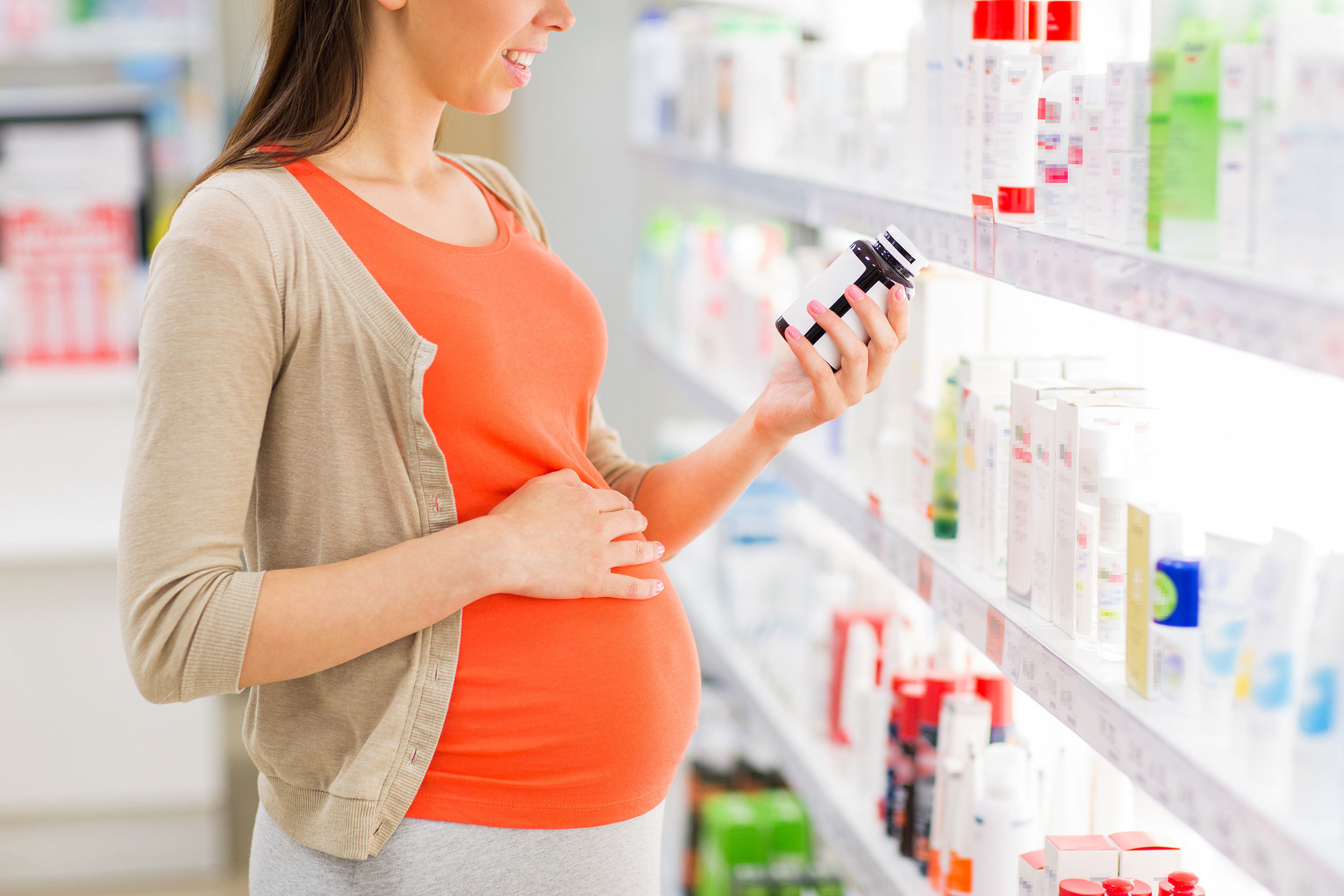The Regulatory Impact of the Modernization of Cosmetics Regulatory Act (MoCRA)

The Regulatory Impact of the Modernization of Cosmetics Regulatory Act (MoCRA)
HR 2617, commonly known as the Consolidated Appropriations Act of 2023, was signed into law on December 29, 2022. Included in the law were the provisions of the Modernization of Cosmetics Regulation Act, or “MoCRA.” The provisions of MoCRA will be implemented by the Food and Drug Administration (FDA) as the first major regulatory framework for cosmetics since the passage of the Federal Food, Drug, and Cosmetic Act of 1938.
Facility Registration
It will take the FDA years to write and promulgate rules implementing MoCRA. The immediate concern is a provision requiring every person who owns or operates a facility that engages in the manufacturing or processing of a cosmetic product for distribution in the United States to register each facility within one year after the date of enactment of the act, in this case, December 29, 2023. Per section 607 of the act, if you don’t manufacture your products, you must ensure your manufacturer registers, and keep their registration number on file. Key points include:
- New facilities have 60 days to register.
- Facility registrations must be renewed biennially.
- Contract manufacturers supplying to multiple entities need only register once.
- Foreign facilities require a U.S. agent.
- If you use contract manufacturers, you must keep that contract manufacturer’s registration number on file.
There are several key data points involved in facility registration. You must be prepared to provide the following by the December 29, 2023, deadline:
- The facility’s name, physical address, email address, and telephone number.
- With respect to any foreign facility, the contact for the United States agent of the facility and, if available, the electronic contact information.
- The facility registration number, if any, previously assigned by the Secretary under subsection (d).
- All brand names under which cosmetic products manufactured or processed in the facility are sold.
- The product category or categories and responsible person for each cosmetic product manufactured or processed at the facility.
Mandatory Product Listings
The same section of the law requires mandatory cosmetic product listing by December 29, 2023. Products must be updated annually, though the law provides for an abbreviated renewal process for any product for which there has been no change since the previous listing. New products must be registered within 120 days of introduction into interstate commerce. If you have registered under the Voluntary Cosmetic Registration Program, you have a head start on your facility registration and mandatory product listing requirements. However, effective March 27, 2023, The U.S. Food and Drug Administration has stopped accepting submissions to the Voluntary Cosmetic Registration Program (VCRP) and is developing a system for submission of the facility registrations and product listings mandated by MoCRA and will provide further updates on its forthcoming availability. If you have registered under VCRP your information will not be transferred to the new system being developed for facility registrations and product listings mandated by MoCRA. Keep an eye on future guidance from the FDA to be sure of compliance.
What’s required of product listings:
- The facility registration number of each facility where the cosmetic product is manufactured or processed
- The name and contact number of the responsible person and the name for the cosmetic product, as such name appears on the label
- The applicable cosmetic category or categories for the cosmetic product
- A list of ingredients in the cosmetic product; this includes any fragrances, flavors or colors, with each ingredient identified by the name (as required under section 701.3 of title 21, Code of Federal Regulations or any successor regulations) or by the common or usual name of the ingredient.
- The product listing number, if any, previously assigned by the Secretary under subsection (d)
Good Manufacturing Practices
MoCRA includes some requirements for Good Manufacturing Practices (GMPs.) The act requires that the FDA publish a proposed regulation before then end of 2024 and finalize that proposal into actual regulation by the end of 2025. This may seem like a lot of time to get ready if you are not GMP certified, but for many companies, it is not. You may find significant gaps that need to be closed to get GMP certified and closing those gaps can take significant time.
Per Section 606 of MoCRA, the FDA is also required to consider existing national and international GMP standards, such as NSF/ANSI 455-3 and ISO 22716.
Adverse Events
Section 605 of the law requires that adverse event records be maintained for six years and that serious adverse events be reported to FDA within 15 business days of receipt by the responsible person. A serious adverse event is an adverse event that results in:
- Death
- A life-threatening experience
- Inpatient hospitalization
- A persistent or significant disability or incapacitation
- A congenital anomaly or birth defect
- An infection
- Significant disfigurement, including serious and persistent rashes, second- or third-degree burns, significant hair loss, or persistent or significant alteration of appearance
A significant adverse event also includes medical procedures if they are based on reasonable medical judgment to prevent one of the before mentioned outcomes. If the FDA has reasonable grounds to believe a fragrance or flavor contributed to a serious adverse event, they may request a list of specific ingredients for the flavor or fragrance with a 30-day turnaround period.
Safety Substantiation
The law also requires adequate substantiation of safety (Section 608.) This substantiation must be considered by qualified, scientifically trained experts to evaluate the safety of cosmetic products and their ingredients, sufficient to support a reasonable certainty that a cosmetic product is safe. As this seems rather vague, it would be wise to begin gathering evidence of safety now. It is possible that a China Cosmetic Safety Assessment Report or EU cosmetic safety assessment will suffice, but that is still unknown.
Mandatory Recalls
If a cosmetic product is determined to be adulterated and the use of the product will result in a serious adverse health consequence or death, the FDA is directed to provide opportunity for the voluntary recall of the product. If this request is refused, the FDA is provided the authority to recall the product (Section 611).
Specifically, this section provides mandatory recall authority to the FDA if a cosmetic product is determined to be adulterated and use of or exposure to the product will result in a serious adverse health consequence or death. It also sets out an appeal process for mandatory recalls and requires public notice of recalls.
Exemptions and Preemptions
Businesses that have grossed less than $1 million in average sales over the prior three-year period are exempt from the law unless the product is intended to contact the mucus membrane of the eye, is injected, is for internal use, or alters the appearance for more than 24 hours (Section 613).
The law limits preemption of state laws only to the items listed here:
- Registration
- Product listing
- GMP
- Recordkeeping
- Recalls
- Adverse event reporting
- Safety substantiation
It is important to note that the law does not preempt state bans of specific ingredients. For example, a recently passed law in Maine will prohibit the sale any product containing intentionally added PFAS as of January 1, 2030. This limited preemption would also not apply to California’s Prop 65 (Section 614).
Additional Notes
And finally, there are some miscellaneous requirements that particularly apply to cosmetics, such as those for talc testing where asbestos is a lingering concern, and the gradual elimination of animal testing except for appropriate allowances. Specifically:
- Talc containing cosmetics: This proposed rule establishes a standardized testing methodology for detecting and identifying asbestos in talc by December 29, 2023. The final rule will be issued 180 days following closing of comment for the proposed rule.
- PFAS in cosmetics: The FDA is required to assess the safety of PFAS in cosmetics and publish the results by December 29, 2025.
- Animal testing: It is the sense of Congress that animal testing should be phased out with “appropriate allowances.”
Summary
With the signature of MoCRA, the FDA will have several new authorities in the next few years that will powerfully impact the cosmetic and personal care industries. For the first time, regulations are coming from the FDA which will make it essential that your facility is compliant with GMPs, and your supply chain is secured. It will also require that your suppliers and their facilities are registered, and you are compliant with all the requirements of the law. Getting a head-start now in areas like GMP certification is going to help you be compliant as the deadlines of this act approach.
Ready to Begin the Process?
Contact us with questions or to receive a quote.

Product and Ingredient Certification

NSF/ANSI 455-3: Cosmetics GMP Certification
How NSF Can Help You
Get in touch to find out how we can help you and your business thrive.

What’s New with NSF

NSF Celebrates 50 Years of the Safe Drinking Water Act
December 16, 2024
Brooklands New Media’s Publication On NSF’s Global Animal Wellness Standards (GAWS) Not Endorsed by NSF
November 25, 2024
NSF Announces Participation in Sustainable Foods 2025, CNBC Docuseries
November 18, 2024